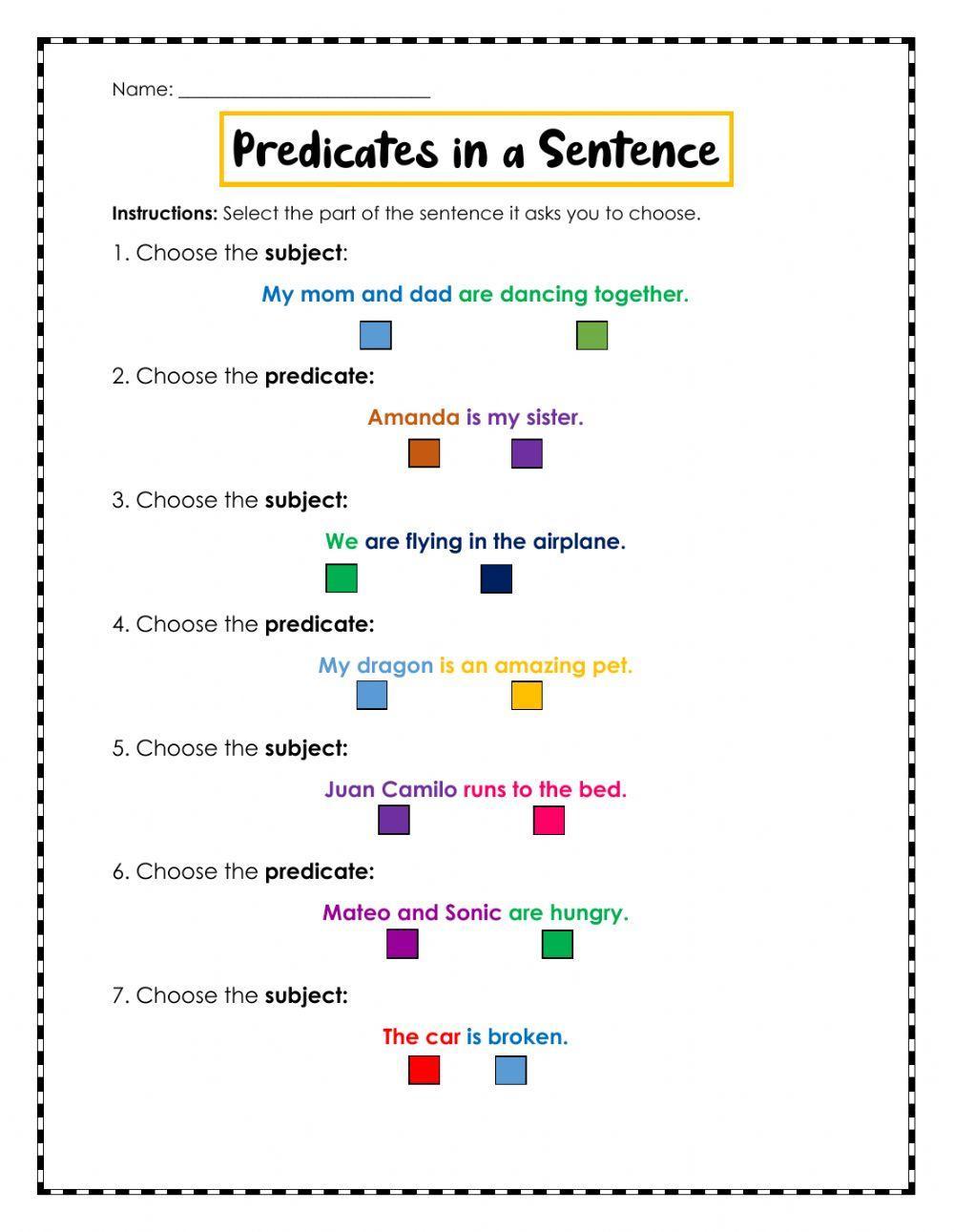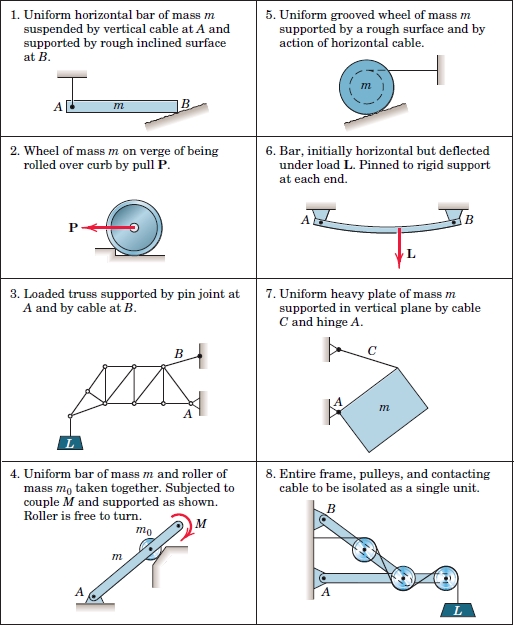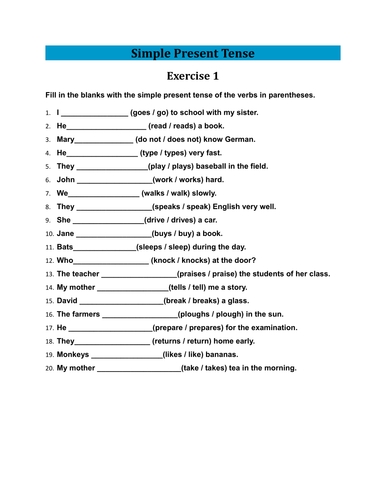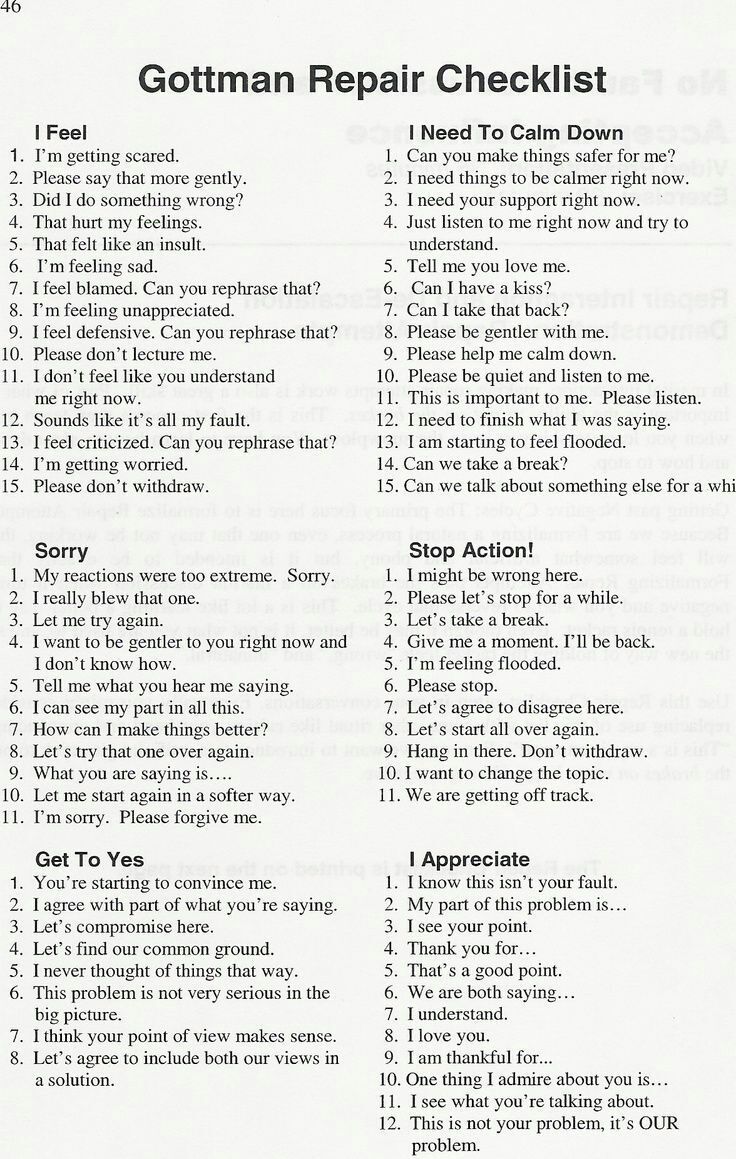5 Ways to Master Subject and Predicate

Understanding the Basics of Subject and Predicate
The subject and predicate are the two essential components of a sentence in English grammar. The subject is the noun or pronoun that performs the action described by the verb, while the predicate is the part of the sentence that contains the verb and tells us what the subject is doing. Mastering the subject and predicate is crucial for effective communication and clear writing.
Why is it Important to Master Subject and Predicate?
Mastering subject and predicate is vital for several reasons:
- Clear Communication: Understanding the subject and predicate helps to convey your message clearly and avoid confusion.
- Effective Writing: Knowing how to identify and construct sentences with clear subjects and predicates improves your writing skills.
- Improved Grammar: Mastering subject and predicate helps to eliminate grammatical errors and improve sentence structure.
5 Ways to Master Subject and Predicate
Here are five ways to help you master subject and predicate:
1. Identify the Subject
To identify the subject, look for the noun or pronoun that performs the action described by the verb. Ask yourself:
- Who or what is performing the action?
- What is the main noun or pronoun in the sentence?
Example: “The dog is barking.” In this sentence, “the dog” is the subject because it is the noun performing the action of barking.
2. Identify the Predicate
To identify the predicate, look for the verb and any accompanying information that tells us what the subject is doing. Ask yourself:
- What is the verb in the sentence?
- What information accompanies the verb to tell us more about the action?
Example: “The dog is barking loudly.” In this sentence, “is barking loudly” is the predicate because it contains the verb “barking” and the adverb “loudly” that tells us more about the action.
3. Practice Identifying Subject and Predicate in Sentences
Practice identifying the subject and predicate in different sentences. Start with simple sentences and gradually move on to more complex ones.
Examples:
- “The sun is shining.” (Subject: the sun, Predicate: is shining)
- “The teacher is grading papers.” (Subject: the teacher, Predicate: is grading papers)
- “The students are studying for their exam.” (Subject: the students, Predicate: are studying for their exam)
4. Use Diagrams to Visualize Sentence Structure
Using diagrams can help you visualize the sentence structure and identify the subject and predicate more easily.
Example:
Sentence: “The dog is barking loudly.” Diagram:
The dog (Subject) is barking (Verb) loudly (Adverb)
5. Practice Writing Your Own Sentences
Practice writing your own sentences with clear subjects and predicates. Focus on using different types of sentences, such as simple, compound, and complex sentences.
Examples:
- Simple sentence: “The cat is sleeping.”
- Compound sentence: “The dog is barking, and the cat is sleeping.”
- Complex sentence: “When the dog starts barking, the cat runs away.”
📝 Note: Practice makes perfect! The more you practice identifying and constructing sentences with clear subjects and predicates, the more comfortable you will become with this aspect of English grammar.
In conclusion, mastering subject and predicate is a crucial aspect of English grammar that can improve your communication and writing skills. By following these five steps, you can become proficient in identifying and constructing sentences with clear subjects and predicates.
What is the difference between a subject and a predicate?
+The subject is the noun or pronoun that performs the action described by the verb, while the predicate is the part of the sentence that contains the verb and tells us what the subject is doing.
Why is it important to master subject and predicate?
+Mastering subject and predicate is crucial for clear communication, effective writing, and improved grammar.
How can I practice identifying subject and predicate in sentences?
+Practice identifying the subject and predicate in different sentences, starting with simple sentences and gradually moving on to more complex ones.
Related Terms:
- Subject and predicate worksheet pdf
- Subject and verb agreement worksheet
- Types of sentences Worksheet



